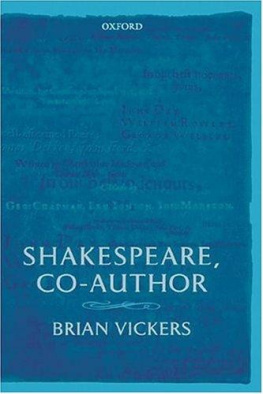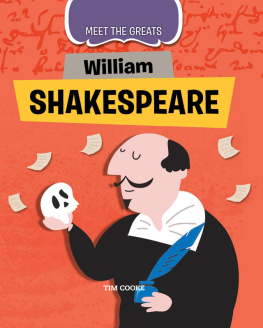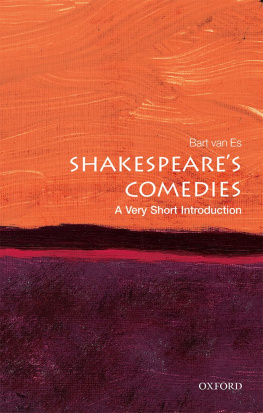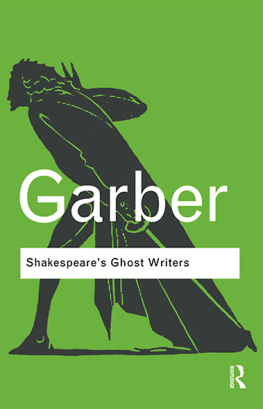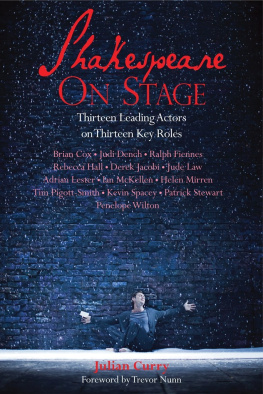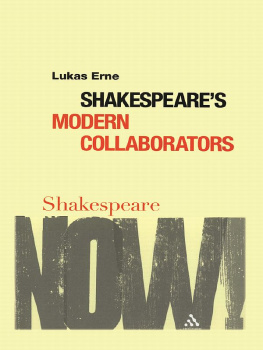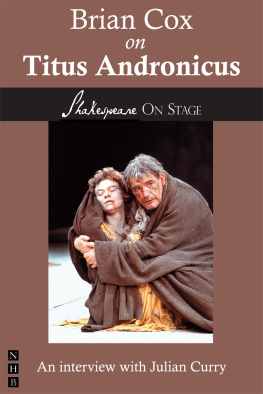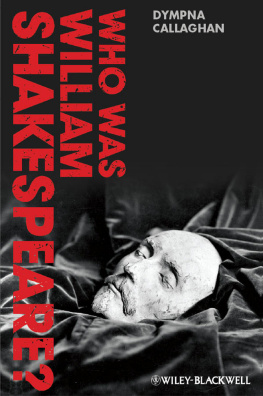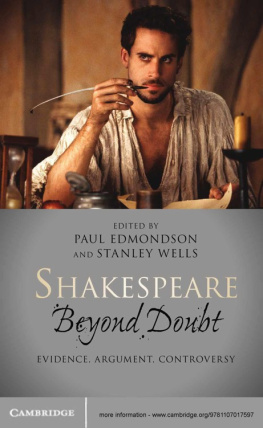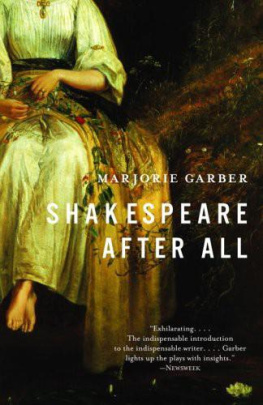Title Pages
A Historical Study of Five Collaborative Plays
Source:Shakespeare, Co-AuthorPublisher:Oxford University Press
Shakespeare, Co-Author Shakespeare, Co-Author

(p.iv) This book has been printed digitally and produced in a standard specification in order to ensure its continuing availability

- Great Clarendon Street, Oxford OX2 6DP
- Oxford University Press is a department of the University of Oxford.
- It furthers the University's objective of excellence in research, scholarship,
- and education by publishing worldwide in
- Auckland Cape Town Dar es Salaam Hong Kong Karachi
- Kuala Lumpur Madrid Melbourne Mexico City Nairobi
- New Delhi Shanghai Taipei Toronto
- With offices in
- Argentina Austria Brazil Chile Czech Republic France Greece
- Guatemala Hungary Italy Japan South Korea Poland Portugal
- Singapore Switzerland Thailand Turkey Ukraine Vietnam
- Oxford is a registered trade mark of Oxford University Press
- in the UK and in certain other countries
- Published in the United States
- by Oxford University Press Inc., New York
- The moral rights of the author have been asserted
- Database right Oxford University Press (maker)
- Ail rights reserved. No part of this publication may be reproduced,
- stored in. a retrieval system, or transmitted, in any form or by any means,
- without the prior permission in writing of Oxford University Press,
- or as expressly permitted by law, or under terms agreed with the appropriate
- reprographics rights organization. Enquiries concerning reproduction
- outside the scope of the above should be sent to the Rights Department,
- Oxford University Press, at the address above
- You must not circulate this book in. any other binding or cover
- And you must impose this same condition on any acquirer
(p.vii)
Preface
Source:Shakespeare, Co-AuthorPublisher:Oxford University Press
THIS BOOK ASKS the question, How much do we know about Shakespeare's collaborations with other dramatists?, and attempts to extend that knowledge. Given that collaboration was very common in the Elizabethan, Jacobean, and Caroline theatre, and that every major and most minor dramatists shared in the writing of plays, it would be highly unusual if Shakespeare had not done so. Indeed, since the early nineteenth century scholars have been accumulating many kinds of evidence identifying at least four co-authors: George Peek on Titus Andronicus, Thomas Middleton on Timon of Athens, George Wilkins on Pericles, John Fletcher on Henry VIII and The Two Noble Kinsmen. The case for those co-authors seems to me sufficiently strong to warrant a detailed evaluation of the claims made, and the methodologies used. I mention in passing I Henry VI and Edward III, where the identity of the sharer(s) is still shadowy, and also discuss The Booke of Sir Thomas More, where Shakespeare contributed one scene and an additional speech for the revision of a play which seems never to have been produced. More is an anomaly in many respects, but the intensive study of this theatre manuscript since the 1920s has yielded several important insights into the nature of collaborative composition in those days, and into the practice of authorship studies today.
When I planned this study I imagined that it would be a relatively straightforward matter to trace the emergence of a coherent methodology in Shakespeare authorship studies. I found, in fact, that there were many types of method, some fully worked out in the mid- and late nineteenth century, others only emerging since the 1960s. I also realized that some of these earlier approaches, although valuable, had been either never properly noticed or else forgotten, so that their findings had to be rediscovered one or more generations later. Tracing the history of this development turned out to be more complex, and far more rewarding, than I had expected. In any discipline it is inevitable that the historical tradition will not be passed on intact, due to the restricted availability of some texts (published in foreign languages, or in obscure journals) and to general changes in taste. But I discovered that many of these essays arguing for Shakespeare's co-authorship had been consistently overlooked or misrepresented by otherwise rational scholars, who seemed determined to cling at all costs to the post-Romantic image of him as a solitary genius having no need of aid from, lesser mortals. The Shakespeare conservators ignored or rejected large parts of the scholarly record, and no doubt influenced many readers unacquainted with the scholarship, and who (p.viii) lacked either the training or the access to learned libraries that would enable them to judge for themselves. But even more influentialin a bad way, as I have come to seewere the editions of individual plays in the Arden, New Penguin, and new Oxford and Cambridge series, which are read by successive generations of college students and increasingly used by theatre directors. To anyone who thinks that knowledge automatically advances it is sobering to realize that the four editions of

